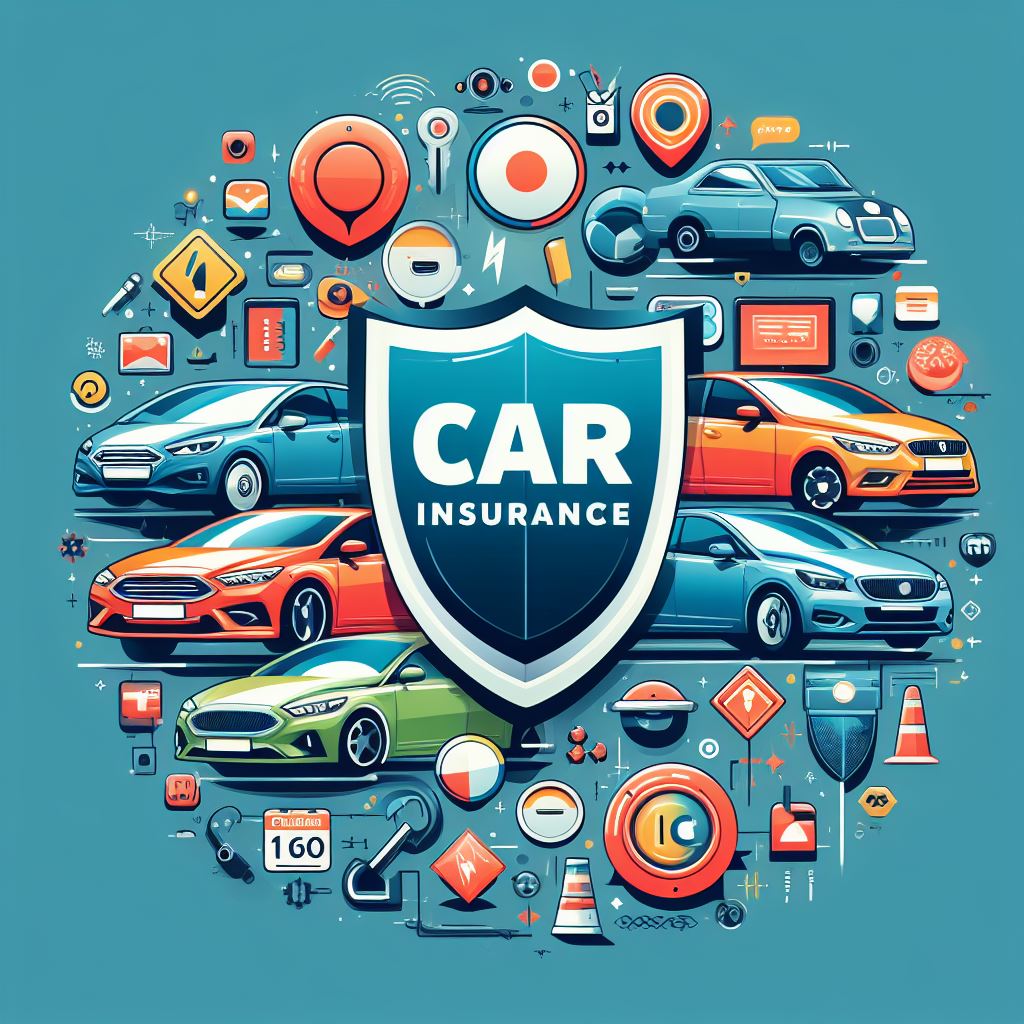
The Importance of Online Auto Insurance: Protecting Your Vehicle and Finances
In today's digital age, almost everything can be done online, including purchasing auto insurance. Online auto insurance has become increasingly popular due to its convenience, accessibility, and potential cost savings. However, beyond the convenience, obtaining proper minneapolis full coverage auto insurance is crucial for protecting both your vehicle and your finances. In this article, we'll explore the importance of online auto insurance and how it plays a vital role in safeguarding your assets and providing peace of mind on the road.
Legal Requirements Fulfilled:
One of the primary reasons why online auto insurance is essential is that it helps you meet the legal requirements set by your state or country. Most jurisdictions mandate that all drivers must carry a minimum level of auto insurance to operate a vehicle legally. Failing to have adequate coverage can result in severe penalties, fines, license suspension, or even legal consequences. Online auto insurance platforms make it easier than ever to find and purchase policies that meet your state's minimum coverage requirements, ensuring you stay compliant with the law.
Protecting Your Vehicle:
Your vehicle is a valuable asset, and accidents can happen unexpectedly. Auto insurance provides financial protection against damage to your car caused by accidents, theft, vandalism, or natural disasters. Comprehensive and collision coverage are two essential components that can help repair or replace your vehicle, saving you from incurring significant out-of-pocket expenses. Explore the best auto insurance in minneapolis minnesota to ensure your vehicle is well protected.